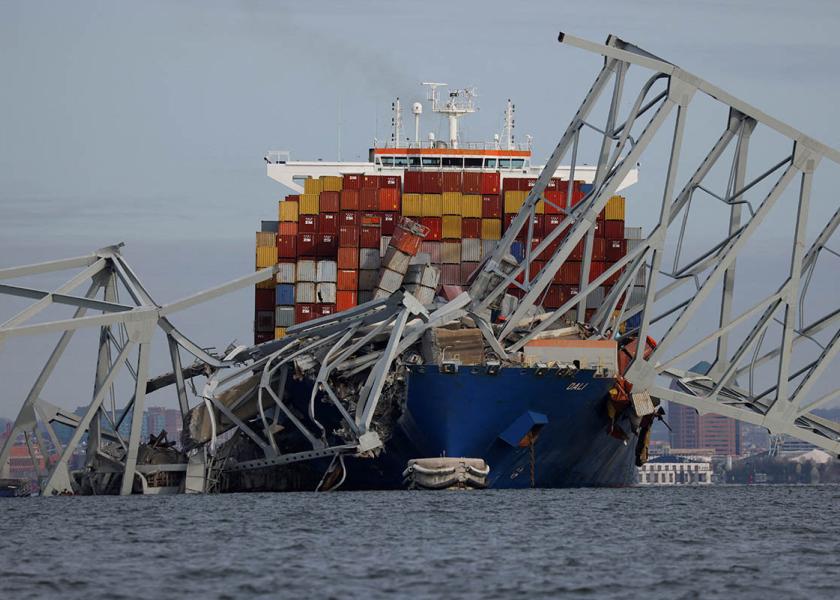Will The Collapse Of The Baltimore Key Bridge Impact Agriculture?

Early Tuesday morning, a cargo ship struck the Francis Scott Key Bridge in Baltimore, causing it to collapse. The Port of Baltimore later announced all vessel traffic in and out of the port is suspended indefinitely.
pic.twitter.com/VUDcNw0z5T — Port of Baltimore (@portofbalt) March 26, 2024
Mike Steenhoek, executive director at the Soy Transportation Coalition, joined the AgriTalk podcast shortly after to share what this devastating event could mean for shipping and the agriculture industry.
“[The Port of Baltimore] doesn't accommodate a lot in terms of agricultural exports,” he says. “Sugar would be No. 1, then soybeans No. 2, grain products including corn and wheat are No. 3 and then coffee and grocery items.”
According to Steenhoek, the Port of Baltimore exports around 200,000 metric tons of soybeans. In comparison, the Mississippi Gulf near New Orleans is the No. 1 export region for soybeans and exports 35 million metric tons.
He shares the port is a larger importer and exporter of automobiles and light trucks, but the supply chain can have a ripple effect.
“It's all a part of this big issue that when it comes to supply chains: don't put all of your eggs in one basket,” Steenhoek says. “The more you can spread your eggs across multiple baskets, the better you are, and the more resilient you are. So, we take real concern when you've got a major disruption at one of our ports.”
During a press conference, Maryland transportation secretary Paul J. Wiedefeld said it’s too early to tell how long the port will be closed.







